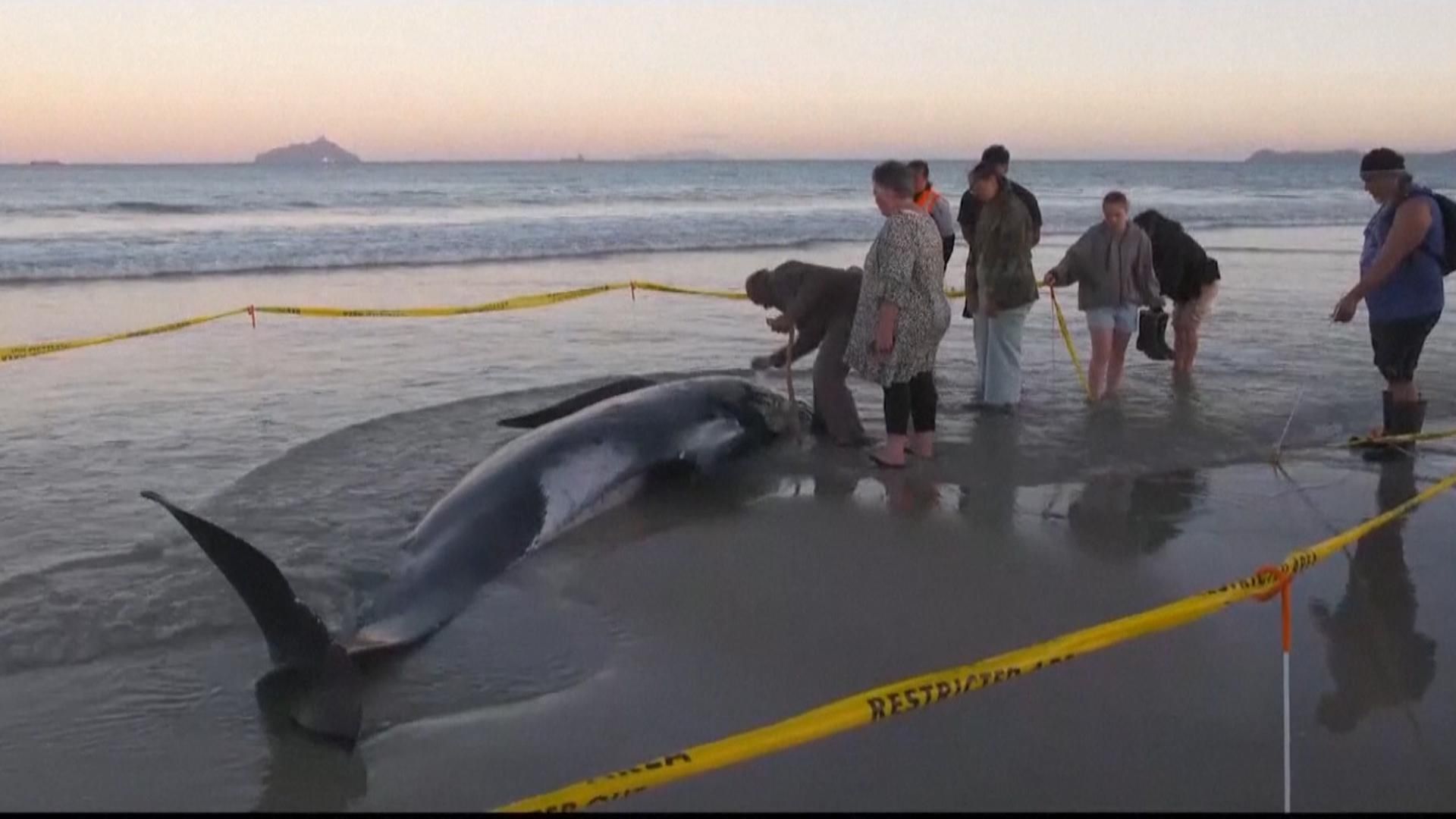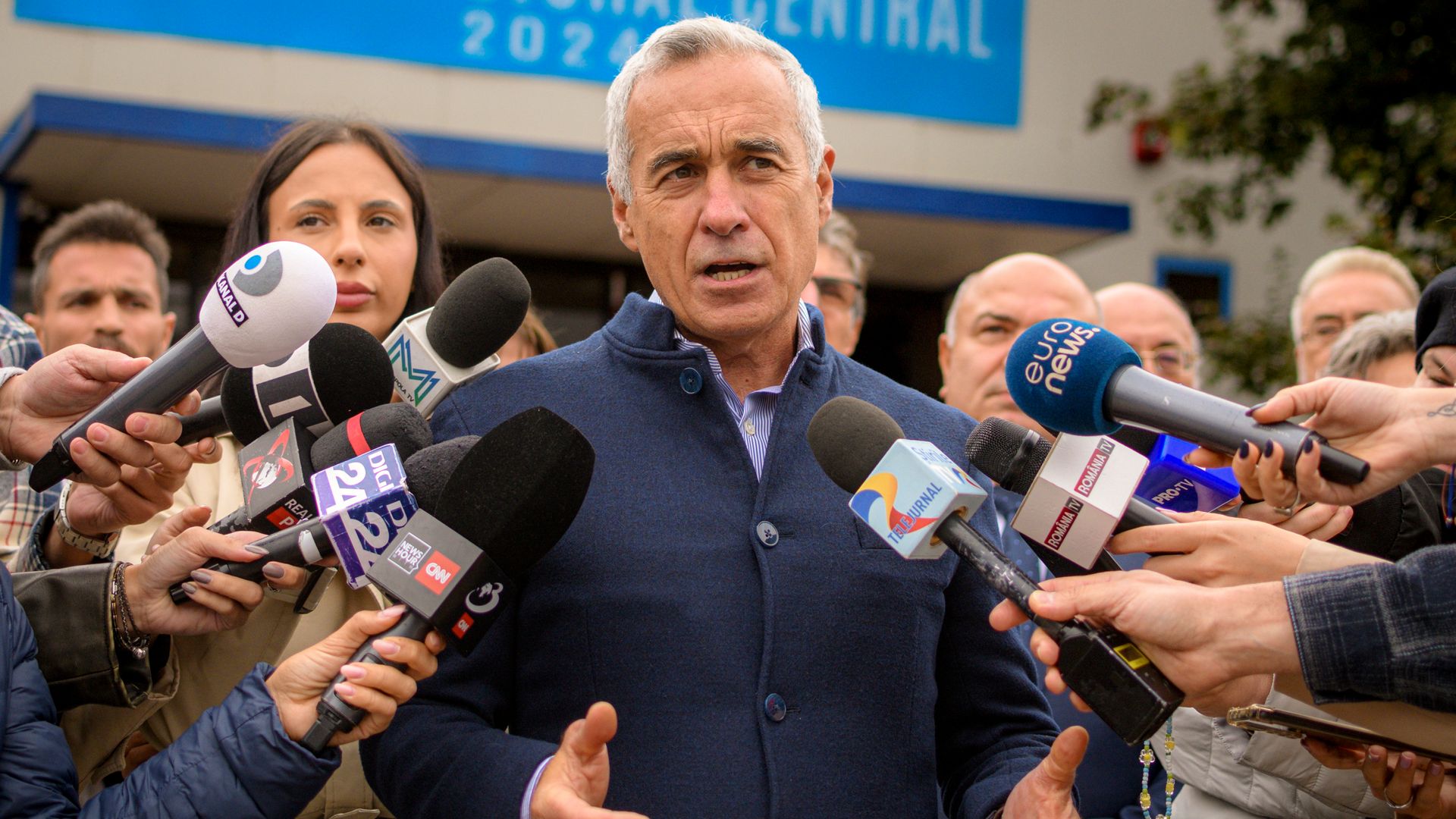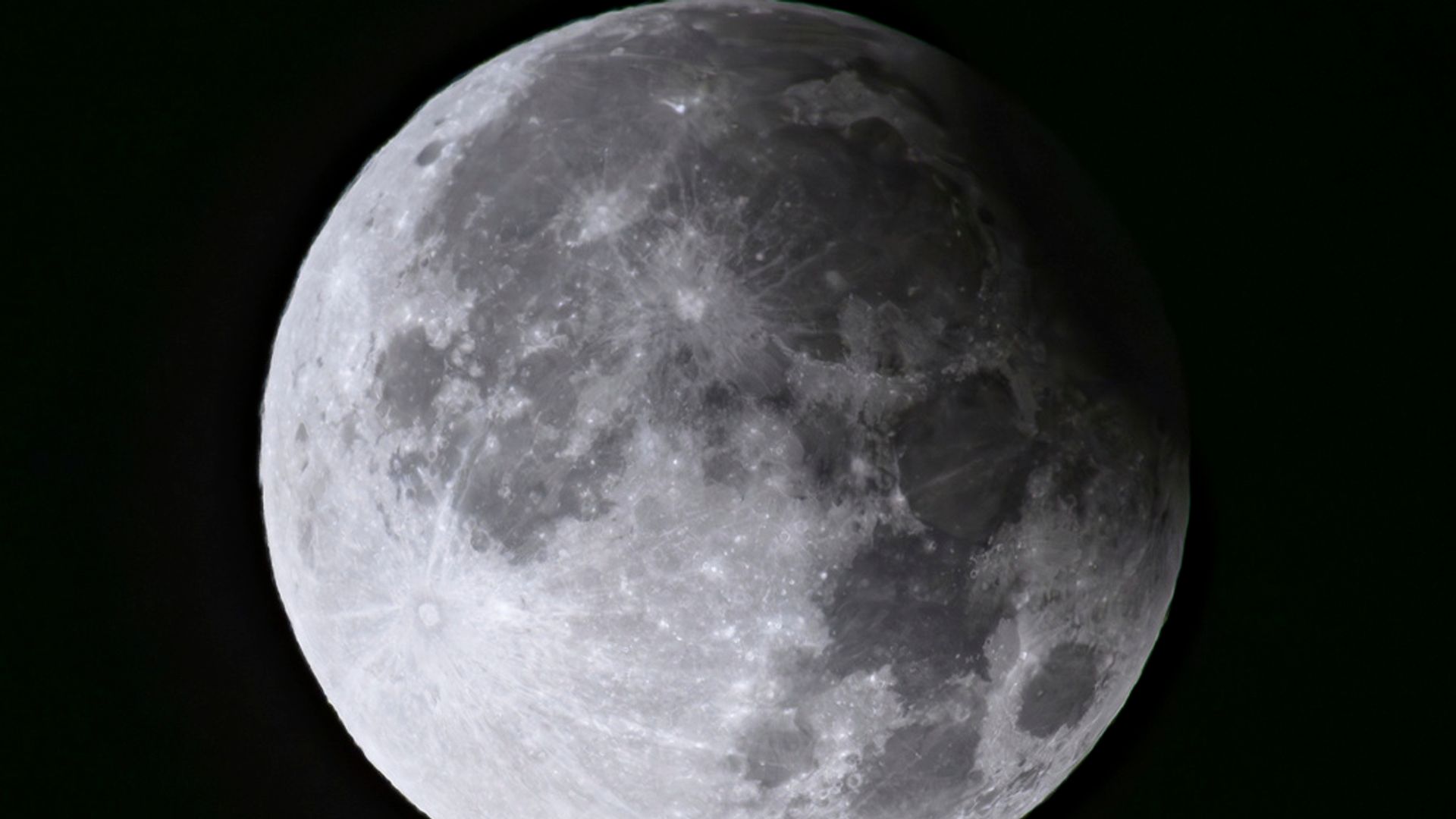More than 30 pilot whales that washed up on a beachfront in New Zealand have been safely returned to the ocean by hundreds of people who lifted them on sheets.
The whales stranded themselves on Ruakaka Beach near the city of Whangarei in New Zealand’s north on Sunday, before conservation workers and members of the public helped return them to the water.
Four of the pilot whales died, New Zealand’s conservation agency said.
A Maori cultural ceremony for the three adult whales and one calf that died took place on Monday, while a rescue team continued to monitor the water for more of the marine mammals.
The indigenous Maori New Zealanders consider whales a taonga – a sacred treasure – of cultural significance.
The country has recorded more than 5,000 whale strandings since 1840, with pilot whales especially vulnerable.
A thousand of those strandings were pilot whales which washed up at the Chatham Islands in 1918, according to the Department of Conservation.
Ukraine war latest: Kyiv launches eight ballistic missiles, Moscow claims; shock election result threatens Ukraine support
More than a dozen people missing after tourist boat sinks off coast of Egypt
Russian forces capture ‘former British soldier’ fighting for Ukraine – reports
Read more:
Why the Caspian Sea is shrinking
Analysis: COP29 delegates leave summit with a bad aftertaste
“It’s amazing to witness the genuine care and compassion people have shown toward these magnificent animals,” Joel Lauterbach, a Department of Conservation spokesperson, said in a statement.
“This response demonstrates the deep connection we all share with our marine environment.”
New Zealand’s geography is believed to be a factor in why pilot whales – which rely on echolocation to navigate – often end up on shore.
Both the North and South Islands feature stretches of protruding coastline with shallow, sloping beaches that can confuse them and species which use similar methods of navigation, experts say.








